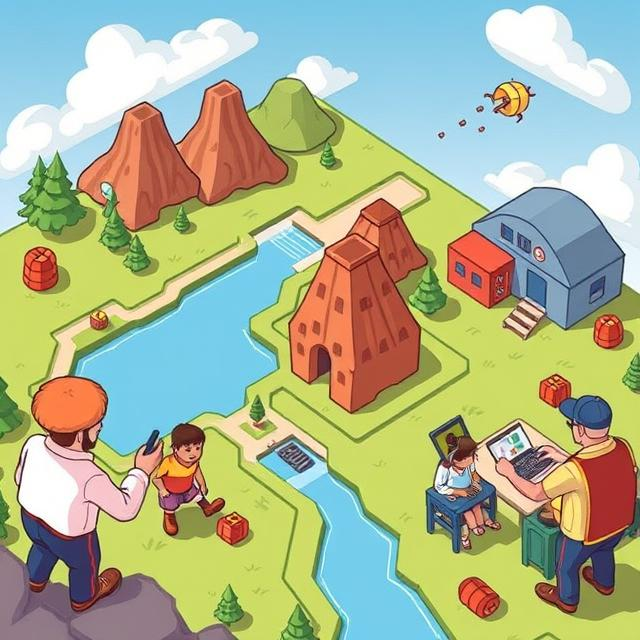Video games have often been dismissed as pure entertainment, but many titles are increasingly proving their value in teaching real-life skills. From critical thinking and communication to time management and even financial literacy, games can simulate real-world experiences in engaging, low-risk environments.
Simulation games are among the most direct examples. Microsoft Flight Simulator teaches actual aviation concepts used by real pilots. Farming Simulator introduces players to agricultural logistics, machinery, and seasonal planning. These games may seem niche, but they mirror real professions with surprising accuracy.
Strategy games like Civilization VI and XCOM 2 encourage long-term planning, resource management, and risk assessment. Players learn to evaluate trade-offs, allocate limited resources, and adapt to changing conditions—skills that transfer to business, management, and decision-making in everyday life.
Survival and crafting games, such as The Long Dark or Subnautica, teach problem-solving under pressure. They simulate scarcity, environmental hazards, and the value of preparation—principles that resonate in fields like emergency planning or wilderness survival.
Even multiplayer games can foster communication and leadership. Titles like League of Legends, Rainbow Six Siege, and Among Us demand cooperation, quick analysis, and the ability to read people—skills that apply to team dynamics and social intelligence.
When games are designed with depth and systems thinking, they don’t just entertain—they train. The line between “just a game” and “practical tool” is fading, and for players who engage thoughtfully, that’s a good thing.


Leave a Reply